After my groups personal research on Sri Lanka and listening to a few podcasts on countries: El Salvador, Egypt, and Singapore I have determined some similarities in the hindering of SDG goals. To begin, in researching Sri Lanka there was a large portion of information on the states economic default and poor governance. The state suffered from a corrupt system of leadership which contributed to dangerous implications of the economic default. Citizens experienced food and gas shortages and were living in a poverty.
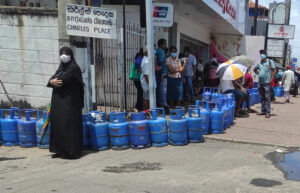
Sri Lankan Citizens waiting in line for gas
Our research also highlighted gender discrepancies in the workplace; specifically the lack of women in the workplace and the discrimination towards them. These are a few examples of the countries regress towards SDG Goal 5- Gender Equality and 8-Decent Work and Economic Growth. The states poor governance ties into SDG Goal 16- Peace, Justice, and Strong Institutions.
A potential contributor to these regressions is a lack of support from outside sources economically and politically. Like the case for most developing countries, improving relations with dominant world powers has been on the agenda since the end of the Cold War. But, because these relationships are not fully established, one can argue that this presents less opportunity to recover from hardships, and in this case, the hindering of SDG progress. This was the case for Sri Lanka and its economic default, as the state is still in a very slow recovery. The country did receive assistance from countries like the U.S and India but unemployment, poverty, and like previously mentioned; gender disparities still largely infect the population.
El Salvador has had similar experiences with poor governance as this country has been overrun with gang activity for many decades. At some points in time the gangs were so rampant they were essentially more powerful than the government.
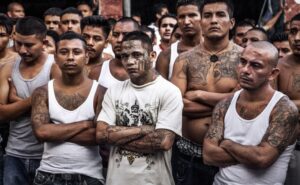
El Salvador gang
Furthermore, the inhabitants of El Salvador lack educational resources (SDG 4- Quality Education) which contributes to more gang members, as it’s the only option to feel secure. There have been solutions implemented by El Salvador’s current president, Nayib Bukele, to address gang activity. But one solution (proposed as an act) ended up wrongfully incarcerating thousands of the countries inhabitants. Furthermore, Salvadorians have lost their freedom of speech as this act placed strict laws on journalism and forms of addressing news.
It is assumable that developing countries face more discrepancies, injustices, and lack of human rights compared to developed countries. They not only lack assistance from outside sources, but the countries themselves struggle with governance. This could be due to the rapid, continued growth of developed nations as it is extremely difficult to keep up in todays age. To support this claim, Egypts issue of water stability is a prime example of struggling to keep up while also highlighting the regress towards SDG 6- Clean Water and Sanitation. Egypt heavily relies on the Nile River as its main source of water. If we look at dominating countries like the U.S and China, their sourcing of water is much different. The United States water sources are an abundant amount of rivers, lakes, and groundwater, and vary by state. Egypt is much different as the entire country relies on a single source for the majority of its water. China, similarly to the U.S, also sources its water from lakes and rivers. Although this could just be a geographical problem as Egypt is majority dessert and lacks other water outlets, there is a reason why Egypt has struggled and is continuing to struggle with their access to water. This reason could be a lack of resources, no help from the outside, or the building of dams and fights of who is in charge of the Nile.
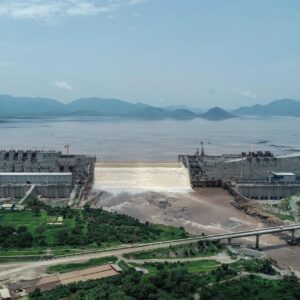
Nile River dam. The construction of this dam has caused conflict with Ethiopia.
To conclude, the evidence that has been presented to me has highlighted mostly regresses towards Sustainable Development Goals. I believe this regression is due to the lack of aid from developed countries and the poor governance that developing countries entail because they cannot keep up. The international system is a consistent power struggle and the most developed countries sometimes fail to rightfully support their neighbors. Dominant world powers need to address and make developing countries struggles known because theses states cannot adequately rebuild their mishaps on their own.

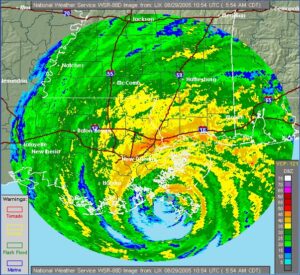
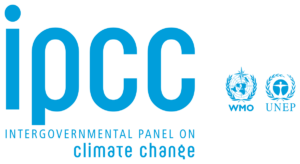

 Kingdom have a long history. Relations were reestablished in 1815, and the relations were strengthen after their alliances in Worlds Wars, Korean conflict, etc. When we have history with an actor, we stick to what’s comfortable and familiar. This is the same in establishing our own community. Anyone that we do not integrate into our space is an outsider.
Kingdom have a long history. Relations were reestablished in 1815, and the relations were strengthen after their alliances in Worlds Wars, Korean conflict, etc. When we have history with an actor, we stick to what’s comfortable and familiar. This is the same in establishing our own community. Anyone that we do not integrate into our space is an outsider. Winter in Bradford, PA
Winter in Bradford, PA